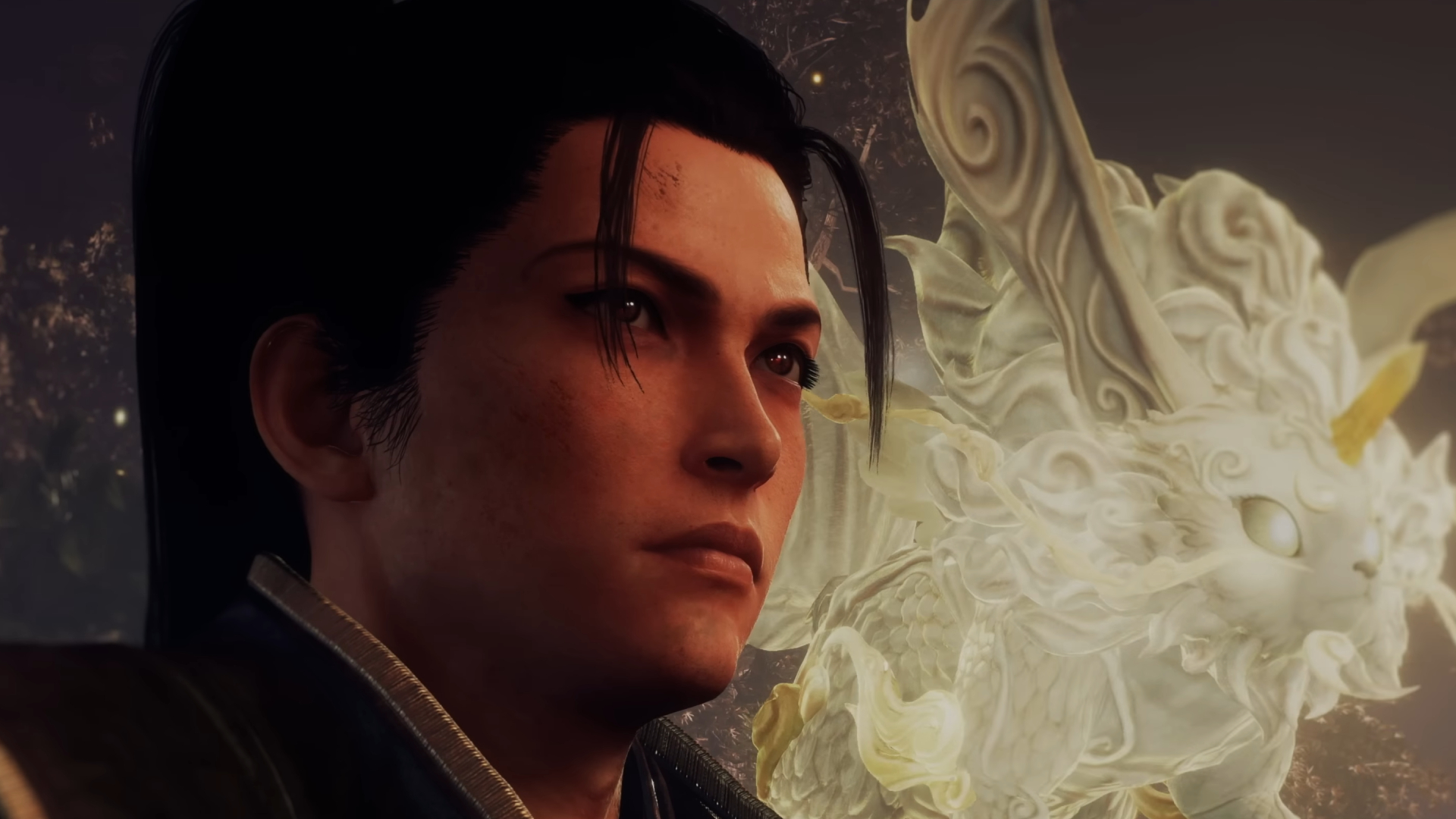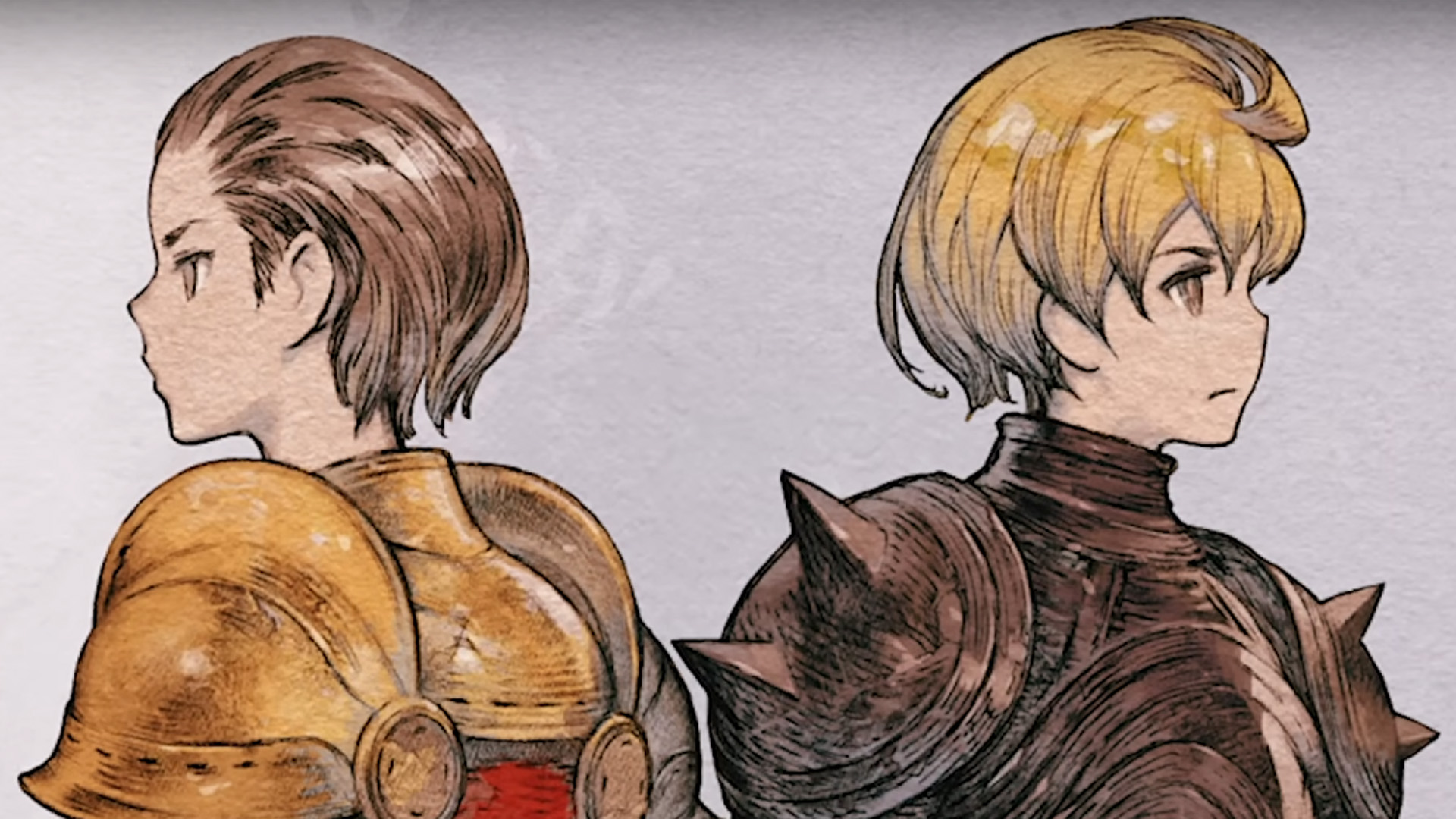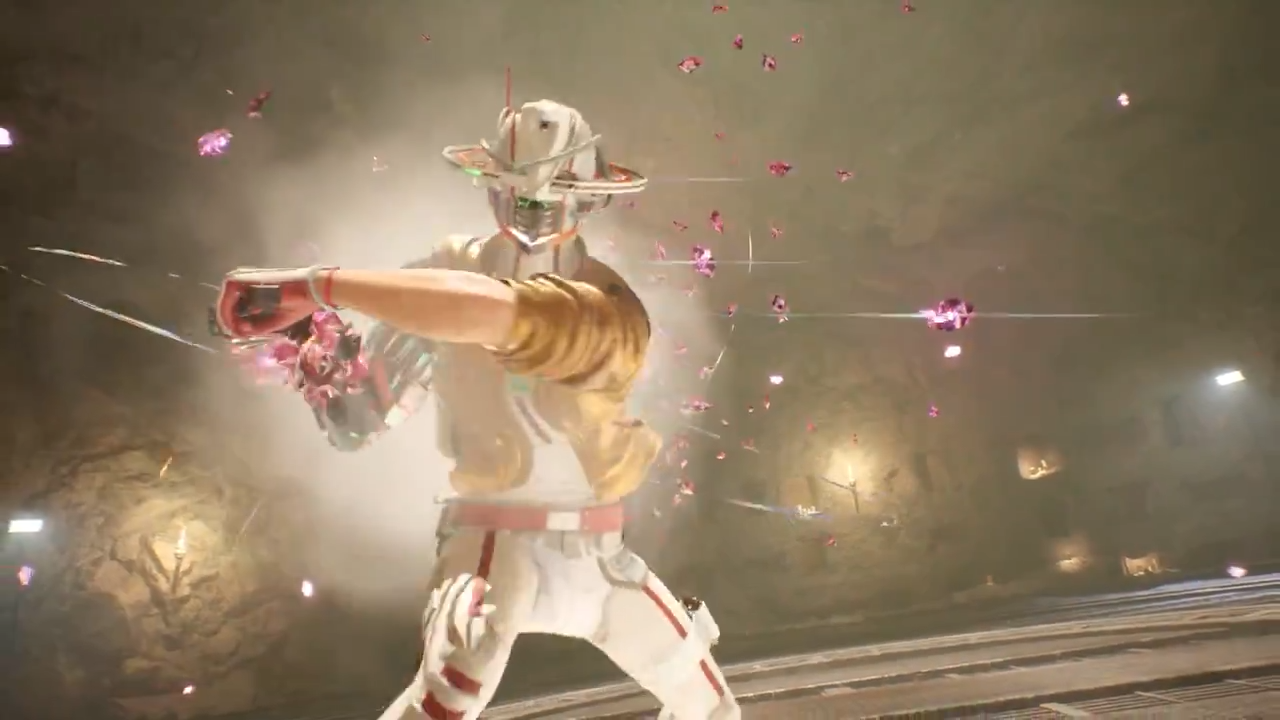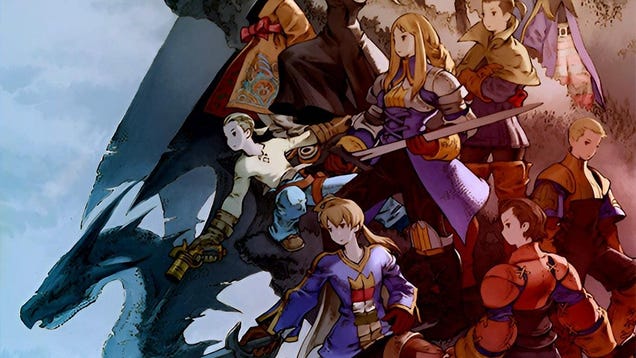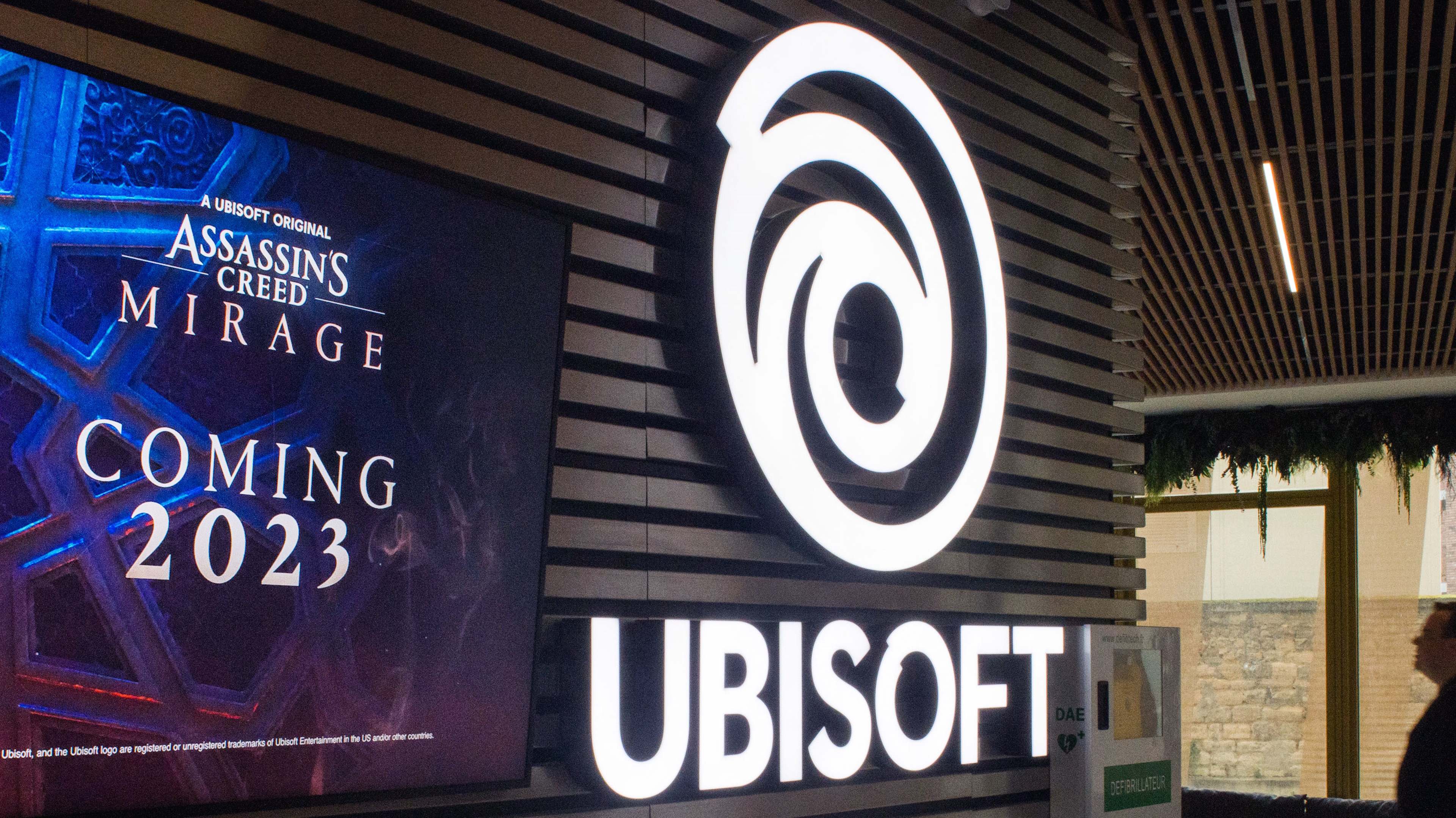
Ubisoft's latest financial report cited the power of generative AI technology on "creativity, workflows, and players’ experience."
The advent of AI in game development is a touchy subject. Witness, for instance, the reaction to a promotional tweet for System Shock in which publisher Prime Matter used the Midjourney AI software to imagine what the game’s evil AI Shodan might look like. (Short version: It did not go over well.) There are also very understandable fears that AI could be used to replace some—maybe many—game development jobs: Blizzard, for instance, recently applied for a patent on an AI system intended to generate in-game art.
Now Ubisoft is wading into the fray, and based on a statement in the company’s FY 2022-23 year end report, it sounds like it’s ready to jump in with both feet.
“As the world adopts Generative AI at a record pace, GDC 2023 demonstrated its immense potential to profoundly transform creative industries,” Ubisoft said. “Ubisoft is uniquely positioned to lead this transformation, with a strong game technology expertise, over 20 years of proprietary data and assets, and a rich portfolio. Internally, early adoption is fast, with creators and developers of all levels experimenting with the technology and taking advantage of the booming Generative AI landscape. With them, Ubisoft is shaping a responsible framework with talent management and fair use at heart.
“In parallel, teams are leveraging years-long R&D efforts in AI and Machine Learning applications, especially through La Forge, to identify the best use cases and harness the power of this technology to have a positive impact on creativity, workflows, and players’ experience.”
Ubisoft CEO Yves Guillemot echoed that statement In comments during an investors call, saying that he expects the use of LLMs—large language models, a type of AI algorithm—will continue to grow on the creative side of game development and also help improve the company’s “workflow” overall. Going even further, he predicted that the growth of AI will make it easier for gamers “to actually be a part of of the creation of events and contents” in the games they play, apparently suggesting that at some point you’ll be able to just tell the AI your idea for a mod, and it will make the mod. (Wasn’t there a Star Trek episode like that?)
“There’s a lot coming there, and we also have a lot of data in the company from all our brands that we will be able to take advantage of to create lots of content,” Guillemot said. “We’ve been working a lot on that in the last few years, so it will be good growth coming from that.”
Ubisoft has a little bit of a history of eagerly embracing technologies without necessarily considering all the potential ramifications first. NFTs are probably the most obvious example: In January 2022, Ubisoft vice president Nicolas Pouard said gamers simply “don’t get” the value of NFTs in games, but by September of the same year Guillemot appeared to walk back the company’s commitment to a blockchain-based future, saying Ubisoft was merely “researching” the topic.
AI may be less overtly dodgy than NFTs but it’s an ethical minefield of a different sort, and given the rough state of things between Ubisoft management and employees over the past couple of years, I’m a little surprised that Guillemot would lean into it to quite this extent. Maybe we’ll see an NFT-style walkback of these comments in the not-too-distant future, too.

